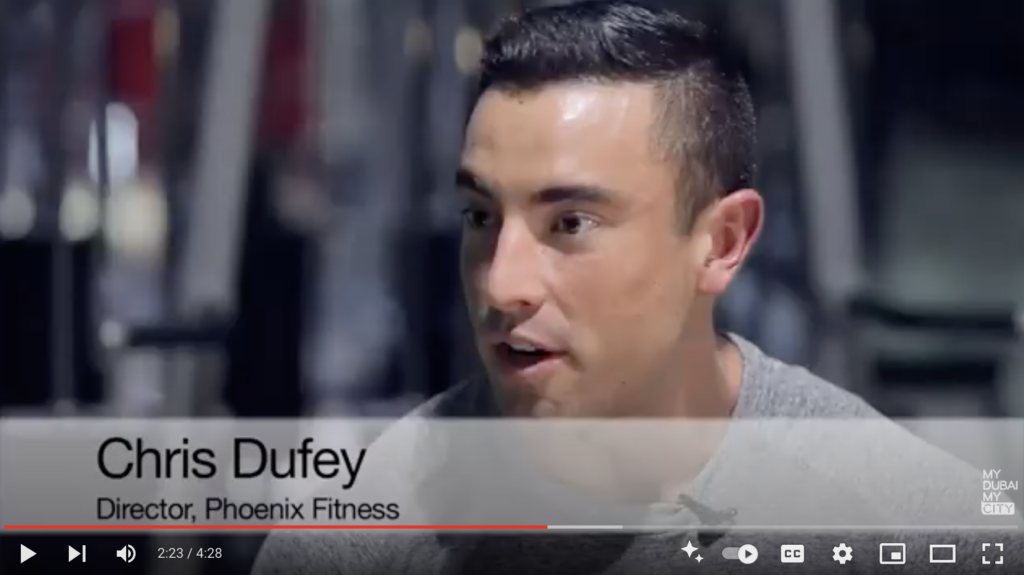I’ve stumbled. I’ve tripped. Hell, I’ve flat-out faceplanted more times than I’d care to admit.
And in those falls, I’ve let people down—people I care about, people who counted on me. I’ve been a mess of sadness, anxiety, and that old bastard depression, a trio that’s had me flirting with the darkest of thoughts more times than I’d ever share in polite company.
I’ve found myself wishing the whole damn show would just end.
Sometimes, I’ve felt like I’m not even good enough to be friends with the people I care about. Imagine feeling out of place with your friends, the people who are supposed to stick with you through thick and thin, and suddenly, you’re convinced they don’t want you around.
Sex?
There I am, mid-act, and the voice in my head is screaming…
“Not big enough, not hard enough, not good enough.”
Even when she’s screaming in ecstasy, that voice, that twisted bastard, whispers, “She’s faking it.”
Now, why the hell would I keep this under wraps for so long?
Because others will laugh.
Social media would have a goddamn field day.
And this? This kind of raw, unfiltered honesty in the wrong hands?
It could shred me, drag me through the mud, and leave me humiliated.
I’ve spent an absurd amount of energy trying to look strong, to convince the world, to convince myself I’ve got it all together.
Meanwhile, the truth is that the sadness, the melancholy, the anxiety—they’re like weeds in my garden, popping up no matter how much I try to root them out.
There are days when I’m on fire, where everything clicks, and I move through the world like I was born to win.
But there are just as many days where that clarity and purpose elude me entirely.
Here’s what I’m coming to terms with…
My strengths are not separate from my weaknesses—they’re damn near intertwined.
The very things that make me powerful are the same things that make me vulnerable. It’s a package deal. Because I’m driven and ambitious, I’m also prone to burning out.
Because I’m passionate, I’m also susceptible to bouts of deep frustration when things don’t go my way. My strengths don’t just coexist with my weaknesses; they create them.
But it goes both ways.
Because I have weaknesses, I have strengths.
My inability to accept things at face value has always been a thorn in my side. When someone tells me how the world works, I don’t just nod and smile. I question it, poke it, prod it, and try to dismantle it until it makes sense on my terms.
This stubbornness, this refusal to follow blindly, has built my strength. It’s given me the ability to think critically, form my opinions, and navigate the world with a lens that’s uniquely mine.
It’s simply my attempt to make sense of it all…
Yet the hardest lesson I’m starting to grasp is how to integrate self-improvement with self-acceptance.
For most of my 37 years, I didn’t love myself.
I was my own harshest critic, constantly measuring myself against impossible standards. No matter what I achieved, I needed more.
I sold my last company… “You should have been good enough to sell it for twice as much.”
I got sub 5% body fat… “You look like a bikini model”.
I got recognized as a Young Leading Entrepreneur in Dubai… “You’re a fake.”

There was always that nagging voice reminding me of all the ways I was falling short.
But here’s where a shift happened for me…
Embracing my flaws doesn’t mean I’m romanticizing them or giving myself a free pass to stay the same. This isn’t about indulging in my weaknesses or accepting mediocrity.
Instead, it’s about recognizing these flaws as part of the whole picture, as opportunities for growth rather than excuses for inaction. By facing them head-on, I’m not settling—I’m laying the groundwork for real, meaningful self-improvement.
This balance between acceptance and the drive to be better is what keeps me moving forward, turning those flaws into fuel rather than shackles.
Rather than letting these flaws derail me, I’m starting to use them as stepping stones. Each perceived failure and moment of self-doubt are not just obstacles—they’re opportunities to grow stronger, wiser, and more content with who I am.
It’s like I’m collecting the broken pieces of myself and building something stronger from them.
I’ve spent too long branding my flaws as good or bad as if they could be neatly categorized and dealt with accordingly. But life doesn’t work that way.
My flaws are just part of the picture—they’re not something to label as good or bad, they’re simply part of me. They’re like the dents and scratches on an old, reliable truck.
Yeah, it’s got its bumps and bruises, but those imperfections don’t make it any less dependable. In fact, they tell the story of all the miles it’s traveled, and that’s what makes it truly mine.
True freedom, I’m realizing, comes when I stop hiding from or compensating for my flaws.
When I let go of the need to project perfection, I free myself from the crushing weight of constant self-censorship. I’m learning to show up in the world as I am, with all my cracks and imperfections on display.
Because that’s the only way to live authentically, the only way to experience real connection, real success, and real peace.
And so, I keep teaching myself: embrace the messiness.
Everything is in a mess. And all is well. — Anthony De Mello.
I’m tired of waiting for a perfect version of me.
The guy who’s flawed but keeps going anyway. The guy who’s finally starting to see that his imperfections don’t disqualify him from the life he wants—that’s the man I choose to be.
I’m embracing the paradox that my strengths create my weaknesses and vice versa.
I’m coming to terms with the fact that my relentless drive to question everything, to refuse easy answers, is both my greatest strength and my most exhausting weakness.
But maybe that’s the point. Maybe the very things that challenge us the most are also the things that shape us the most.
Those grotesque wounds, the very flaws and struggles I’ve wrestled with, aren’t just obstacles—they’re my greatest sources of strength. Carl Jung talked about the idea of the “wounded healer,” the notion that our deepest wounds can become the foundation for healing, both for ourselves and for others.
It’s through these struggles that I’ve developed empathy, resilience, and a deeper understanding of what it means to be human. The cracks in my armor, the imperfections I once tried so hard to hide, are the very things that allow me to connect with others on a real, meaningful level.
Instead of seeing my flaws as something to fix, I’m starting to see them as gifts—gifts that have shaped me into someone capable of helping others heal their own wounds. It’s this shift in perspective that’s helping me find purpose, not in spite of my flaws but because of them.
For years, I’ve been at war with myself, trying to reconcile the gap between who I am and who I thought I should be.
I’ve spent years as my own harshest critic, constantly tearing myself down for not hitting some unreachable standard.
And I’m starting to realize: that who I am isn’t set in stone.
The flaws and strengths I see in myself today? They’re not permanent fixtures.
They’re just moments in time, snapshots of where I am on this journey. Buddhism talks about the impermanence of everything, including our identity. I’m not the same person I was five years ago, and I won’t be the same person five years from now.
My flaws and strengths are like the weather—they come and go, change and evolve. They don’t define me because, just like the seasons, they’re always shifting. This perspective helps me loosen the grip on my need to fix myself, understanding that who I am is always in flux. It’s not about achieving some final, perfect version of myself but embracing the fact that I’m a work in progress, constantly growing, changing, and evolving.
But here’s the shift: it’s no longer about fixing myself like I’m some broken thing in need of repair.
Now, it’s about embracing all the parts of me—the strong and the weak, the confident and the insecure, the driven and the doubtful—because they all make up who I am.
Vulnerability isn’t a weakness—it’s a strength.
The times when I’ve let my guard down, when I’ve been honest about my fears, my failures, and all the ways I don’t measure up, those are the moments when I’ve felt the most alive. Being vulnerable with myself, allowing myself to acknowledge and sit with my flaws, has been a game changer.
It’s in those raw, unfiltered moments that I’ve found real connection—not just with others, but with myself. By embracing vulnerability, I’m learning that I don’t have to hide the parts of me that I used to think were unworthy. Instead, I’m realizing that this openness, this willingness to be seen as I am, is where my true power lies.
There’s a freedom in no longer hiding from these flaws, in not feeling like I need to compensate for them.
When I stop trying to cover them up, I stop carrying the burden of perfection. I’m starting to show up as I am, cracks and all, and it’s liberating.
And now, I find myself asking a question that’s been haunting me for over a year….
And if you’re game, I nudge you to answer this for yourself…
What do I need to do so I no longer need to prove myself?
